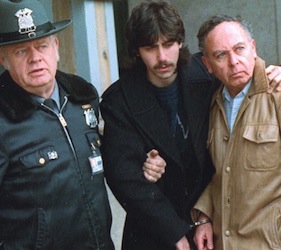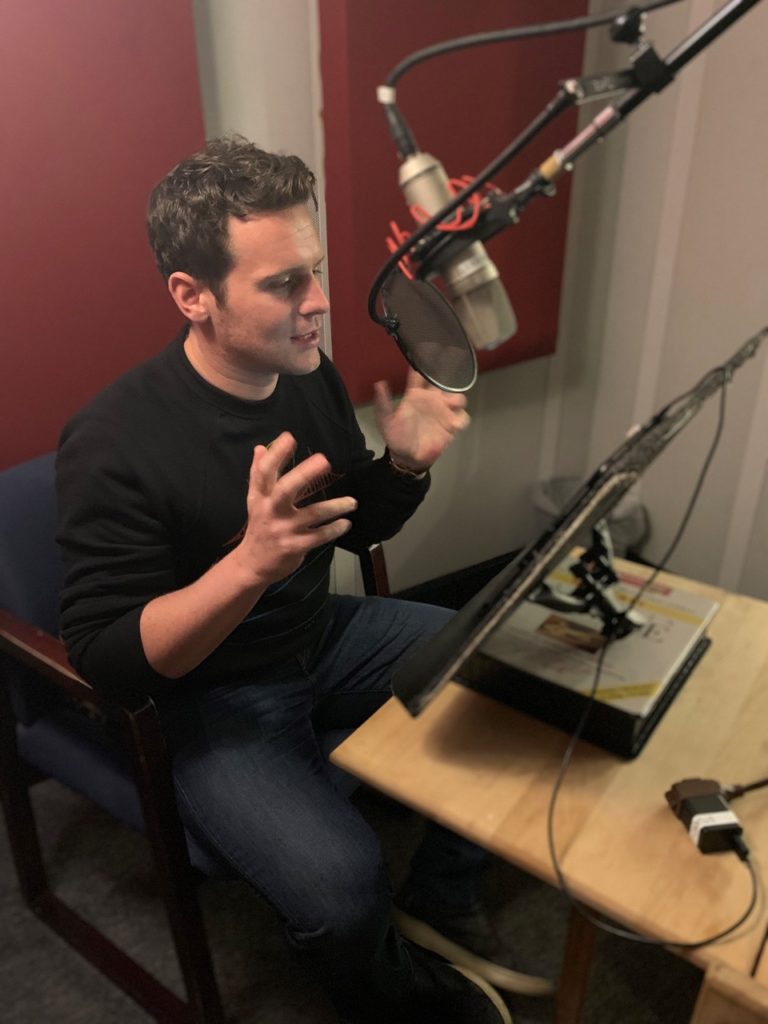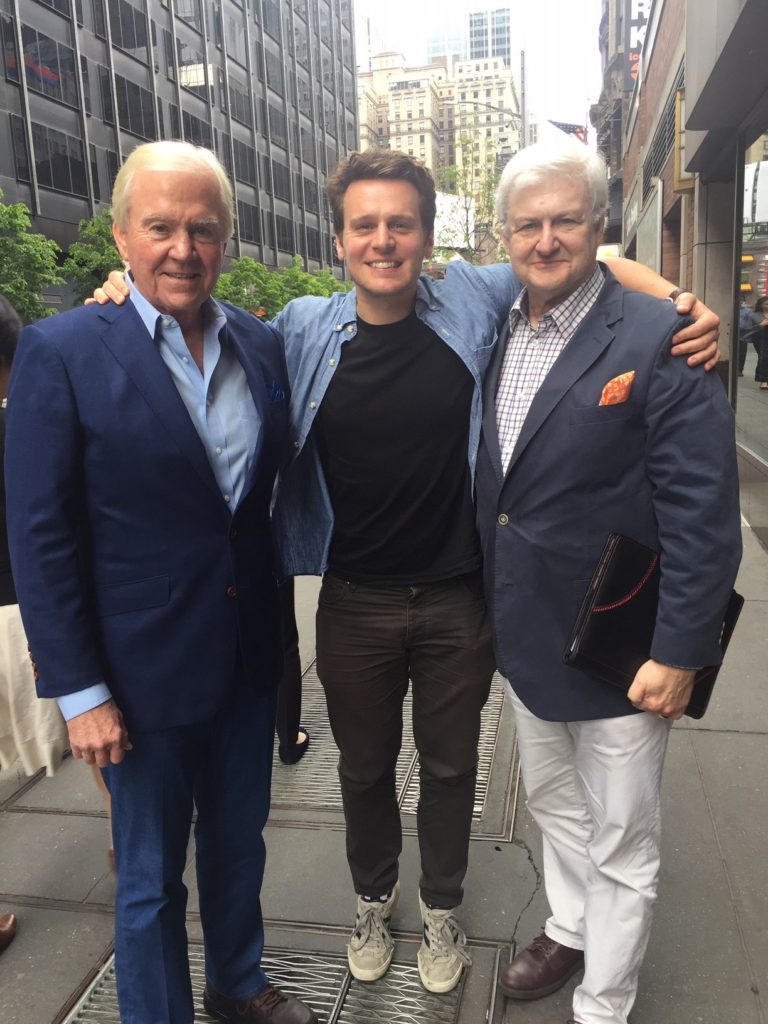The 1988 conviction of Arnold Friedman and his son Jesse on charges of sexually abusing 17 boys between the ages of eight and ten turned the upscale Long Island suburb of Great Neck into a media circus. The case resurfaced in 2003 with Andrew Jarecki’s Oscar-nominated documentary film, Capturing the Friedmans, which through the two men’s actual guilt into question. Now, following a 2010 ruling by the U.S. Court of Appeals for the Second Circuit, the case is once again causing a furor.
We don’t know whether Arnold and Jesse Friedman were innocent or guilty. But we do know that the way the case was handled may have made it impossible to find out what really happened. And that, in itself, is an egregious miscarriage of justice.
Arnold Friedman ran computer classes in his basement, and was assisted by his 19-year-old son Jesse. The classes were popular and successful and both children and parents apparently were happy with the instruction and atmosphere.
Then, in 1987, U.S. Customs agents intercepted a package addressed to Arnold that turned out to contain about magazines devoted to child pornography. The mere possession of such material is a crime, and should be. When Nassau County Police got wind of this and realized this guy was holding classes for young boys, they naturally became worried and started investigating. And that’s where the mess began.
Investigators contacted every boy who’d been in Friedman’s class and began interrogating them about what Arnold and Jesse might have done to them. That’s fine, but they pushed so hard that they ended up with 17 boys testifying to all manner of sexual abuse, some of it so far out that the appeals court has characterized it as “increasingly bizarre, sadistic and even logistically implausible.” Some of the boys claimed the Friedmans took pornographic videos of them, though none has ever surface. And absolutely no medical testimony was introduced despite claims of physical abuse and lasting scars.
The record shows that no child or parent complained prior to being contacted by the police. Many of the kids signed up for additional courses and parents subsequently enrolled younger siblings. After thoroughly reviewing the investigation, the appeals court concluded, “The police, prosecutors, and the judge did everything they could to coerce a guilty plea and avoid a trial.” The trial judge repeatedly declared he thought the Friedmans were guilty before he even heard the evidence in court.
The mother of one of the questioned children said that the police kept hammering on him, telling him how important it was for him to remember and come to terms with the abuse he had suffered and that it would bring him “enormous relief,” even though he insisted nothing had happened to him. Finally, he gave the police what they wanted because it was the only way to get the detectives and psychologists to leave him alone.
This is all complicated by the fact that the child pornography charges against Arnold were genuine, which indicates that he was a pedophile, whether he acted on it or not. Knowing there was no way around the pornography possession and hoping to save his son from prosecution, he pled guilty. He committed suicide in prison in 1995.
Jesse also pled guilty to avoid a more draconian sentence and served 13 years before being paroled in 2001. Now he is trying to clear his name.
As we said, we don’t know whether Arnold and Jesse were guilty of child abuse or not, though the evidence strongly suggests they may not have been. What is particularly upsetting to us is that this case so closely resembled that of the West Memphis Three, as detailed in our book Law & Disorder, down to the coerced confession and pre-evidence conclusions of guilty.
At the strong suggestion of the court of appeals, Nassau County District Attorney Kathleen M. Rice is conducting an investigation to determine whether the Friedmans’ convictions should be upheld or overturned. This is certainly a reasonable move. The problem is that with the confirmation bias under which the original investigation was conducted, it may no longer be possible to determine the truth. This means that one way or the other, justice has been miscarried.
But at very least, let us at least hope that this new investigation is open and objective and that this examination of the past becomes a lesson for the future.




























By now the children who said they were molested should be old enough to be requestioned and give truthful answers.